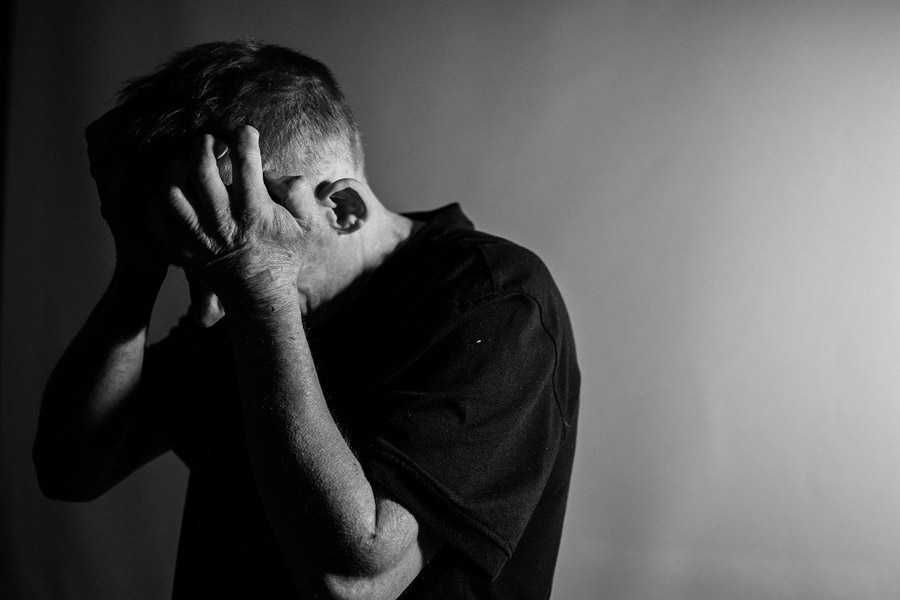|
Frustration, anger, fear, paranoia and other feelings are often present in those who must comply with mandatory self-isolation in response to Covid-19 and in order to prevent the spread of coronavirus. Dr. Marianela Denegri Coria, an academic staff member at UFRO, talks about scopes and recommendations to overcome these feelings. |
Social distancing is one of the measures that have been implemented in most countries since the COVID-19 outbreak. This leads people to face moments of uncertainty that can affect their mental health, generating anxiety and even panic-like symptoms. Any change in a person's routine can be stressful, although the level of stress will vary according to age, personality and work habits. For example, people who regularly perform repetitive or routine activities will find it more difficult to adapt to a different and unstructured situation, while those who have a frequently changing or rather solitary job, as in the case of most researchers, will have less problems in adapting to a different and unstructured situation or to remote work. For Dr. Marianela Denegri, who has a PhD in psychology and is the director of the Scientific and Technological Nucleus for Social Science and Humanities (Núcleo Científico Tecnológico en Ciencias Sociales y Humanidades) at the Universidad de La Frontera (UFRO), the most complex issue is social distancing. The level of difficulty will depend directly on each one’s circumstances, whether the person lives with his or her family or alone and if he or she has other networks on the outside. It will also depend on the person's age. Self-isolation is not the same for a senior citizen, who requires social support and experiences this situation as a great threat, as for a younger person, who is able to remain remotely connected to his or her social ties due to technological literacy. This implies that, depending on a person's characteristics, the required level and type of support will be different. However, the most significant measure against coronavirus is self-isolation. HOW DO WE EXPLAIN THE SITUATION TO OUR CHILDREN? In the case of our children, the most complex thing is to explain to them what is happening and how we can handle the situation, without scaring them, since they cannot handle this kind of fear. The most important thing is that the parents inform themselves first, with reliable and scientifically founded data, before giving explanations to their children. This way they can avoid scaring them, transmitting myths or other contents that would make the adaptation of a child to the new situation even more complex. “It is important to start with the children's own knowledge and to ask them what they think is happening. If they don't know, first explain, in simple words, what viruses are, and then describe how this particular virus is transmitted from person to person, and that we have to take care of ourselves and our family by staying at home and being careful about our hygiene. It can be fun to teach them, for example, how to wash their hands with a song,” the specialist said. “It is also important not to hide the situation from them. Children have the right to be informed,” she added. “It is important to give them opportunities to express their fears and emotions, for example, through drawing and then talking about it. On the Internet and in social networks there are also audiovisual resources that can help us to better communicate these issues to them.” WHAT WILL HAPPEN AFTER LOCKDOWN? It will not be easy to return to normal life, especially since we do not know how long the period of social distancing will last. In addition, given the emotional burden and possible life-threatening episodes such as being infected or having close family members who are sick or even in extreme situations, it is likely that some people may require the assistance of specialists in order to return to their daily lives. Dr. Marianela Denegri explains that “we must be prepared”, because depending on the intensity of the experiences people undergo during this situation and its extension, some people may suffer episodes of anguish, depression and even post-traumatic stress. Therefore, “the work environment should consider a strategy of reintegration depending on the individual's situation. When people are aware of this support, it may help them to handle the return to their normal lives better. Even those who do not suffer from traumatic events during this period will also need a time to readjust and progressively return to work.” The important thing is that we must be aware that this crisis will pass and that we must take care of ourselves during it and also prepare for when everything returns to normal, because many aspects of the world are likely to change as well. HOW TO COPE WITH SOCIAL DISTANCING In order to cope with social distancing during the COVID-19 pandemic, the UFRO researcher invites everybody to put the following recommendations into practice: 1. Just accept that we are facing a crisis that affects all of us, and that we must take care of ourselves in order to care for others.
Written by: UFRO Communications Office
|






